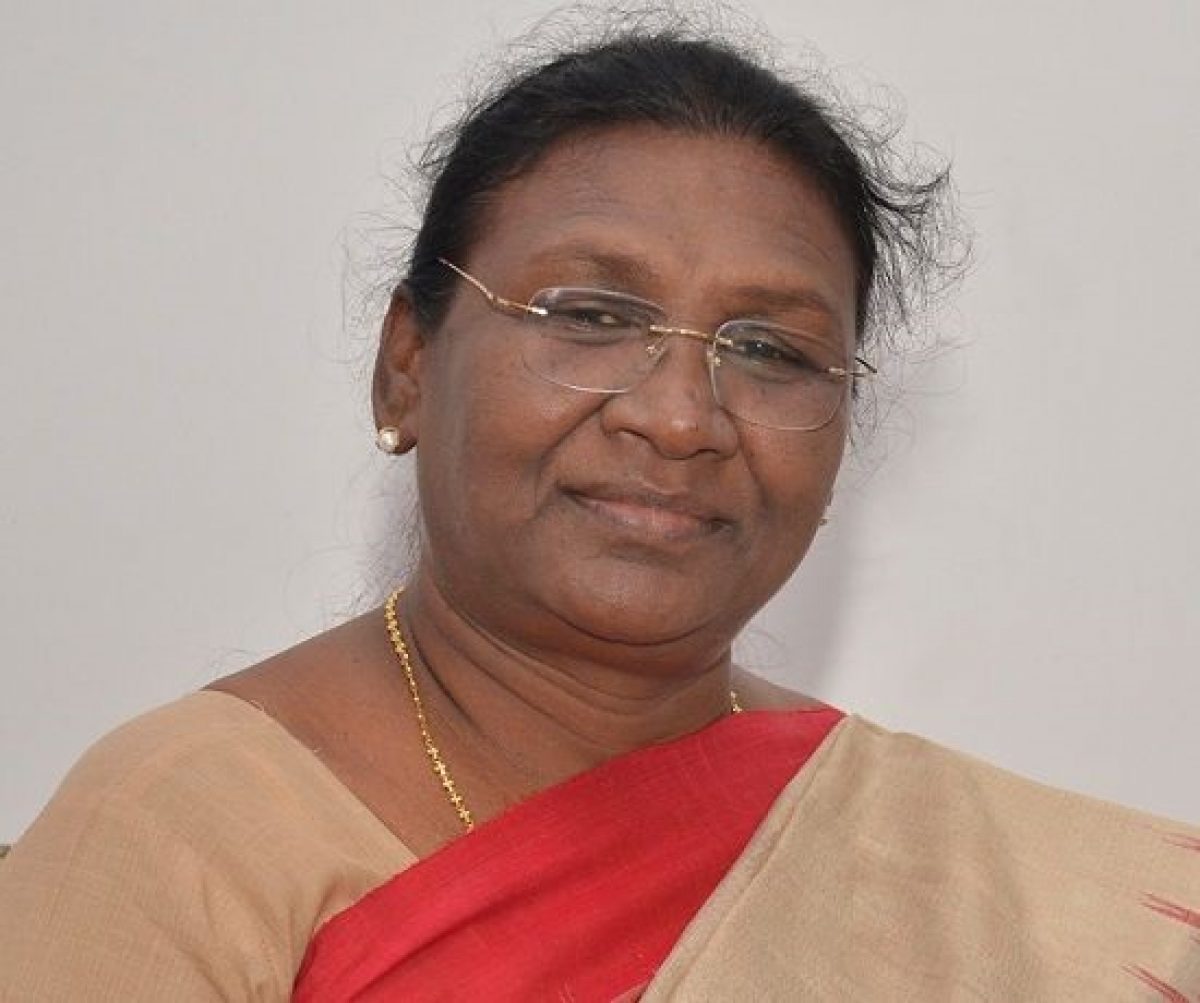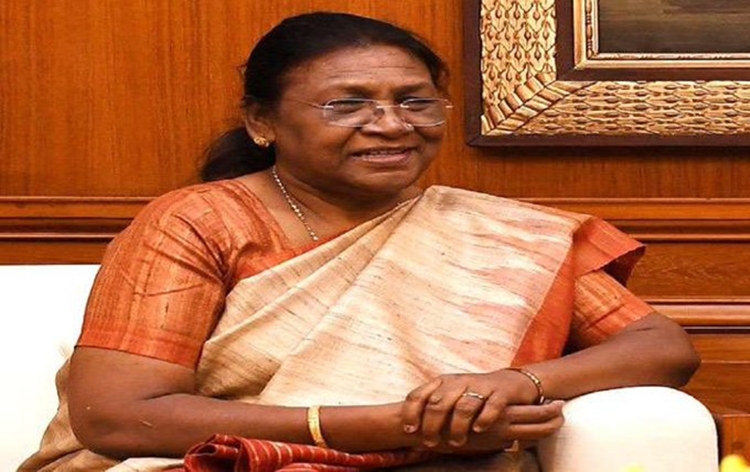Two themes came through loud and clear in Droupadi Murmu’s statement after taking the oath of office as India’s next president: service and integrated education. Murmu has highlighted the 19 th century Saint poet of Odisha, Bhima Bhoi, “mo jivan pachhe narke padithau, jagata uddhara heu”, which means that “the world must be saved even if I suffer hell for that cause.” The significance of this poem is undeniable, despite the difficulties of accurately expressing the saint poet’s spiritual vision and the inherent problem of translating spiritual poetry into another language.
Even in the midst of chaos, misery abounds. When the poet witnesses the suffering of others, he is moved to tears, and he would give up everything, even his own life, to help those in need. Those who can sense the anguish of others and seek to relieve that suffering may really be described as divine, like in Narsinh Mehta’s renowned song from the 15th century, “Vaishnava jana to tene kahiye jo pir parai janere.”

Using Bhima Bhoi and his song as a metaphor for the 21st century’s turbulent globe isn’t a coincidence. After a few decades of independence, India’s politics degraded from what it was when its founders regarded politics as a tool for service. Rajendra Prasad, India’s first president, was a rare kind of leader. Prasad returned to Patna when his presidency ended and lived a simple life. Many of his guests were taken aback by his seeming austerity, according to legend. Sardar Vallabhbhai Patel, the country’s first Home Minister, is another example of a brilliant leader. In a conversation with an acquaintance from Gujarat, I learned that Maniben Patel’s daughter, Maniben, wore an intricately patched sari. The purpose here is not to extol the virtues of their simplicity, but rather the spirit of sacrifice that fueled it.
They were guided by a philosophy of simple life and lofty thought in their work. Indian politics began to lose its sense of service and sacrifice throughout the decades after independence. No longer a noble career, politics became just another way to become rich and famous. To all politicians and would-be politicians, President Murmu’s allusion to Bhima Bhoi serves as a powerful reminder that office should not be a vehicle for personal gain but rather a vehicle for service to the people and the country. Politics, according to Greek philosopher Plato, is a noble profession that demands hard study and physical preparation in order to perform its duties in service to the country.

President Murmu made a reference to Sri Aurobindo, an Indian spiritual leader, while discussing education. Murmu said she was motivated by Sri Aurobindo’s holistic approach to teaching since this year celebrates the 150th anniversary of his birth. In reality, she taught in a Sri Aurobindo Integral Education Center in Odisha throughout her early career. Because of this, it is no surprise that Droupadi Murmu’s ideas on life, society, and politics are influenced by Sri Aurobindo’s holistic worldview. Individual and communal existence is transformed in a spiritual light, in which each person’s physical, vital, and mental growth is affected by that light. Such a perspective is encapsulated in his motto: “All life is yoga.”
For now, it suffices for us to declare that an approach to education like Sri Aurobindo’s is desperately required in our day of many crises and upheavals. Sri Aurobindo would have approved of our progress in science and technology, but we have fallen far behind in our spiritual development and inner growth. Integral education teaches that this gulf must be bridged as soon as possible. There are indications that the Indian young spend a big amount of time on social media sites like Facebook and Twitter, but there is nothing to show for it, and a lot of their energy and dynamism might be put to better use for the development of the youth and the progress of the country. Bhima Bhoi and Narsinh Mehta’s call for all-round development of the nation and all-round development of the nation’s youth are linked, and in this direction, education must not be an enterprise to generate certificate-earning youth seeking jobs, but also youth not only qualified for jobs but also infused with a spiritual mission, as invoked.
I hope that President Droupadi Murmu is doing well. Murmu, at this important moment in India’s history, seems to be a perfect leader to guide the country toward its rightful position in the world by urging Indians, particularly young Indians and Indian leaders, to foster inner growth and act out of it.

